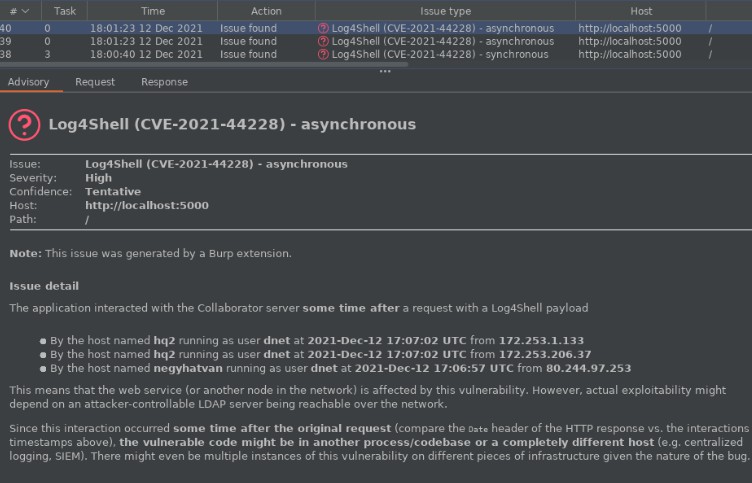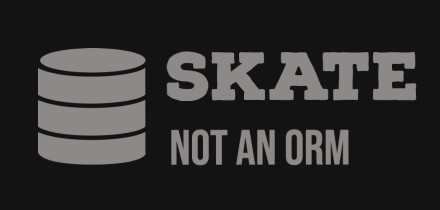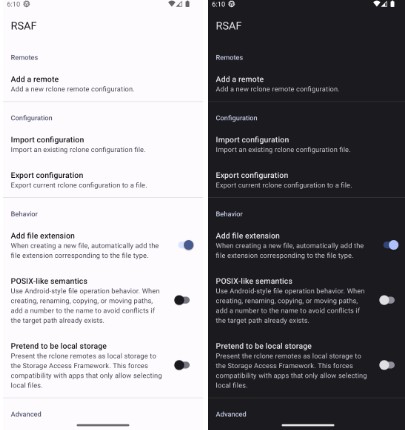SimpleNoSQL
A simple NoSQL client for Android. If you ever wanted to just save some data but didn’t really want to worry about where it was going to be stored and didn’t want to go through the hassle of setting up a database manually, this library can really speed things up. Saving data is pretty easy:
NoSQLEntity<SampleBean> entity = new NoSQLEntity<SampleBean>("bucket", "entityId");
SampleBean data = new SampleBean();
data.setName("Colin");
Map<String, Integer> birthday = new HashMap<String, Integer>();
birthday.put("day", 17);
birthday.put("month", 2);
birthday.put("year", 1982);
data.setBirthdayMap(birthday);
entity.setData(data);
NoSQL.with(context).using(SampleBean.class).save(entity);
Later, when you want to retrieve it, you can use a callback interface and the bucket and ID you saved with:
NoSQL.with(context).using(SampleBean.class)
.bucketId("bucket")
.entityId("entityId")
.retrieve(new RetrievalCallback<SampleBean>() {
public void retrieveResults(List<NoSQLEntity<SampleBean> entities) {
// Display results or something
SampleBean firstBean = entities.get(0).getData(); // always check length of a list first...
}
});
If you’d like to delete data, you can use
NoSQL.with(context).using(SampleBean.class)
.bucketId("bucket")
.entityId("entityId")
.delete()
To delete a single entity. Or you can delete an entire bucket via:
NoSQL.with(context).using(SampleBean.class)
.bucketId("bucket")
.delete()
When making a query, you can filter results by including a DataFilter. You can also order the results by including a DataComparator.
NoSQL.with(context).using(SampleBean.class)
.bucketId("bucket")
.filter(new DataFilter<SampleBean>() {
public boolean isIncluded(NoSQLEntity<SampleBean> item) {
if (item != null && item.getData() != null) {
SampleBean bean = item.getData();
return bean.hasBirthdaymap();
}
return false;
}
})
.orderBy(new DataComparator<SampleBean>() {
public int compare(NoSQLEntity<SampleBean> lhs, NoSQLEntity<SampleBean> rhs) {
if (lhs != null && lhs.getData() != null) {
if (rhs != null && rhs.getData() != null) {
return lhs.getData().getName().compareTo(rhs.getData().getName());
} else {
return 1;
}
} else if (rhs != null && rhs.getData() != null) {
return -1;
} else {
return 0;
}
}
})
.retrieve(new RetrievalCallback<SampleBean>() {
public void retrieveResults(List<NoSQLEntity<SampleBean> entities) {
// Display results or something
SampleBean firstBean = entities.get(0).getData(); // always check length of a list first...
}
});
Development
This project is still very new and under active development. The API is in a wildly fluctuating state as I figure out the best way of making it simple to access documents. The current API uses gson for serialization and deserialization. You can access releases on sonatype by adding the following to your modules build.gradle:
repositories {
maven {
url 'https://oss.sonatype.org/content/groups/public'
}
}
dependencies {
compile 'com.colintmiller:simplenosql:0.5.1'
}
License
Copyright (C) 2014 Colin Miller (http://colintmiller.com)
Licensed under the Apache License, Version 2.0 (the “License”); you may not use this file except in compliance with the License. You may obtain a copy of the License at
http://www.apache.org/licenses/LICENSE-2.0
Unless required by applicable law or agreed to in writing, software distributed under the License is distributed on an “AS IS” BASIS, WITHOUT WARRANTIES OR CONDITIONS OF ANY KIND, either express or implied. See the License for the specific language governing permissions and limitations under the License.


